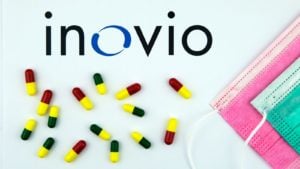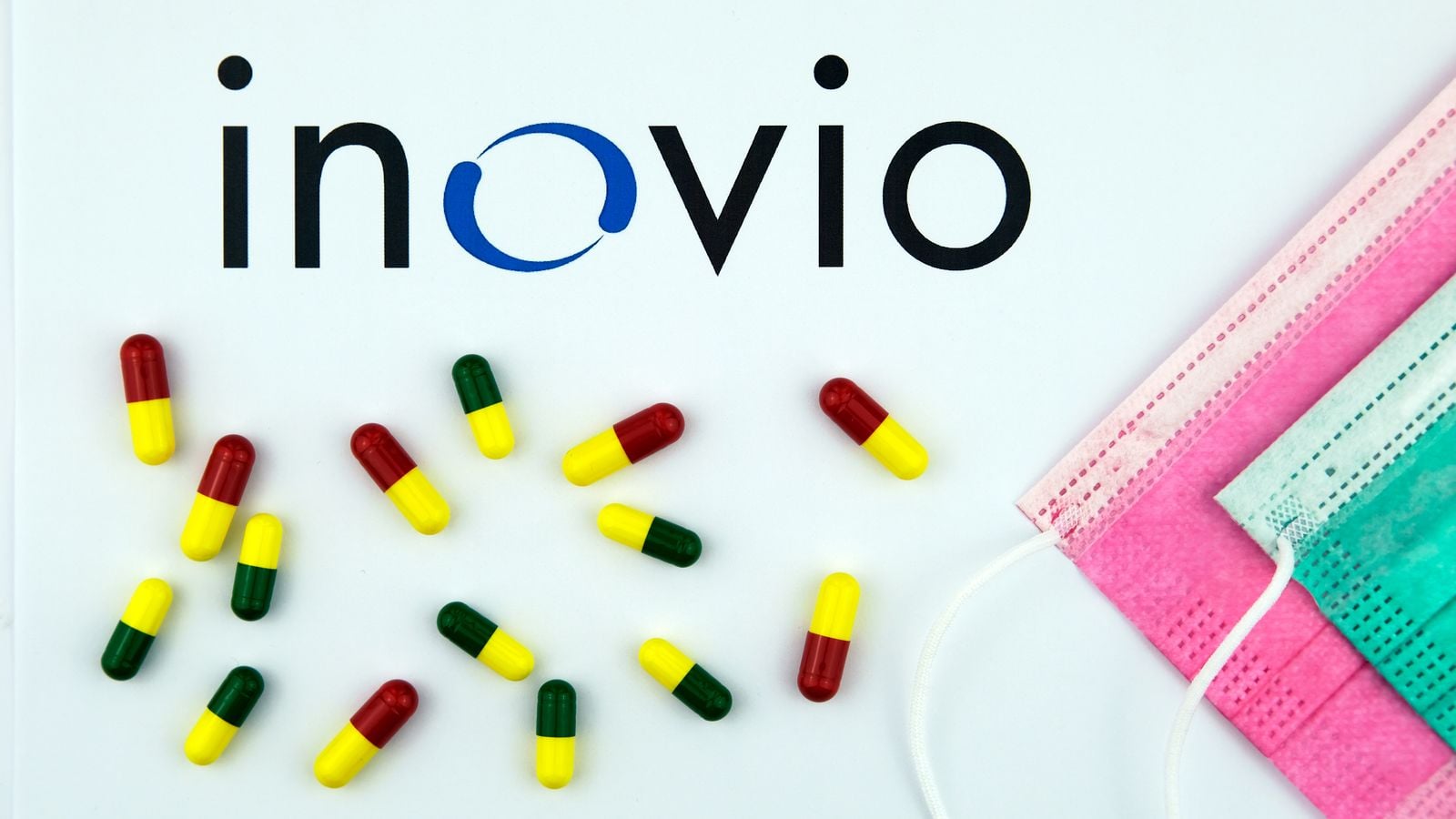Inovio Pharmaceuticals (NASDAQ:INO) is a contender in the hyper-competitive field to develop a novel coronavirus vaccine, but with the company falling behind rivals, INO stock is risky.

INO stock is up a staggering 719.70% this year, as of July 22. Under normal circumstances, a move like that in the span of less than seven months doesn’t make much sense.
However, Inovio entered the year as a small-cap biotechnology name and along came a global pandemic, which is boosting a slew of healthcare companies, large, small and plenty in between.
There was some credibility to the Inovio surge earlier this year as the company was quick to debut its vaccine candidate, INO-4800, soon after receiving the genetic sequence for the coronavirus.
Given the speed with which Inovio was able to develop INO-4800, which is an immunotherapy, market participants quickly displayed enthusiasm for the stock despite the fact that Inovio has never successfully brought a vaccine to market.
Risks Starting to Outweigh Rewards on INO Stock
In the span of just a few weeks, Inovio retreated almost 23% from its 52-week high. A decline of 20% fits the definition of a new bear market.
That retrenchment underscores a critical point investors must consider when mulling Inovio: while it has several other products in its pipeline – a positive trait – markets are treating the stock solely as a coronavirus play.
That’s highly risky because it’s clear names such as Gilead Sciences (NASDAQ:GILD) and Moderna (NASDAQ:MRNA) are much further along in the Covid-19 vaccine development process than is Inovio.
In fact, Uncle Sam has purchased “nearly all of Gilead’s Covid-19 drug remdesivir while Moderna’s mRNA vaccine received fast-track status from the Food and Drug Administration (FDA) and is delivering positive trial results.
Gilead and Moderna are not the only competitive threats facing Inovio. Earlier this week, AstraZeneca (NYSE:AZN), which is conducting vaccine trials with Oxford University, reported favorable results, putting further pressure on smaller players like Inovio. The AstraZeneca news is meaningful because the trial was the first involving humans,
“The vaccine, called AZD1222 and under development by AstraZeneca and scientists at Britain’s Oxford University, did not prompt any serious side effects and elicited antibody and T-cell immune responses, according to trial results published in The Lancet medical journal,” reports Reuters.
Pfizer (NYSE:PFE), a blue-chip pharmaceutical company with deep pockets, is another problem for Inovio’s coronavirus vaccine ambitions.
Under its Project Lightspeed program, Pfizer has four Covid-19 treatments in the works, including BNT162b1. BNT162b1 is being developed in partnership with BioNTech (NASDAQ:BNTX).
Those two companies already have a $1.95 billion in place to sell the vaccine to the U.S. Department of Health and Human Services (HHS) and the Department of Defense, should it prove safe and effective.
Bottom Line
In fairness to Inovio, there are signs of promise for INO-4800 in trials, but that doesn’t eliminate risk for investors. First, the clinical trials for INO-4800 haven’t been as deep and aren’t nearly as far along as the trials for mRNA or remdeisivir.
For example, the results for the INO-480 announced three weeks ago pertained to tests on just 40 adults. That’s too small a sample size to glean any indication as to how the vaccine will perform as Inovio moves to Phase 2 and Phase 3 trials later this summer.
Second, vaccine development, regardless of what the vaccine is intended to treat, is a zero sum game. Either the product is successful in meeting the developer’s stated objective or it’s not. If INO-4800 doesn’t prove to be helpful in the fight against Covid-19, investors will repudiate INO stock.
Todd Shriber has been an InvestorPlace contributor since 2014. As of this writing, he did not hold a position in any of the aforementioned securities.
